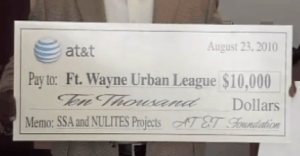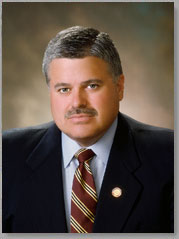One of the side effects of Internet Overcharging is the one-two punch of the usage cap combined with a steep overlimit penalty. While usage capping providers pay pennies for your Internet traffic, they can charge you up to $10/GB if you dare exceed your plan allowance.
Making sure you don’t… too much… is the job of the provider who will helpfully educate you on how to use your service less, how to establish an in-home Ministry for State Security — tracking down those malfeasant family members who want to deny running the bill up, and providing inaccurate monitoring tools designed to make you think twice about everything you do online.
Far-fetched?
Not really. Just ask Mathew Ingram, a Rogers Cable customer in Ontario who tells Techdirt he spends much of his free time trying to figure out who is doing what with the family broadband account:
I have three teenage daughters who also download music, TV shows and so on. I figured someone had just gone a little overboard, and since it was close to the end of the month, I thought it wasn’t anything to be worried about. The next day, however, I went online and checked my usage (Rogers has an online tool that shows daily usage), and it said that I had used 121 GB more than my allotted amount for the month. In other words, I had used more than 100 GB in less than two days.
I just about spit my coffee all over the computer screen. How could I possibly have used that much? According to Rogers, I owed $181 in overage charges. Luckily there is a maximum extra levy of $50 a month (just think what it would cost if I was subject to usage-based billing).
With the help of Rogers (who also helped themselves to $50 of Ingram’s money for overlimit fees), an employee identified security holes in his wireless router which could have let all the neighbors join the broadband usage party at his expense. But in reality, after considerable family tension and drama, one of Ingram’s daughters confessed to downloading some TV shows and forgot to close the file sharing software used to grab them.
Ingram learned a $50 (this month) lesson — he is not free to sit back and enjoy his broadband account that costs him much more than American providers charge for the same thing (without a usage cap). He serves at the pleasure of Rogers Cable, who wins if Ingram succeeds in keeping his family’s usage under the limit — costing Rogers less money, or by pocketing the overlimit fees charged when he fails.
What scares many Canadians are plans by some providers to eliminate the monthly maximum overlimit fee. That would have left Ingram paying a $181 penalty instead of $50. As far as cable companies like Rogers are concerned, it’s his own fault for not keeping his family under control, and now he will pay the price.


 Subscribe
Subscribe








